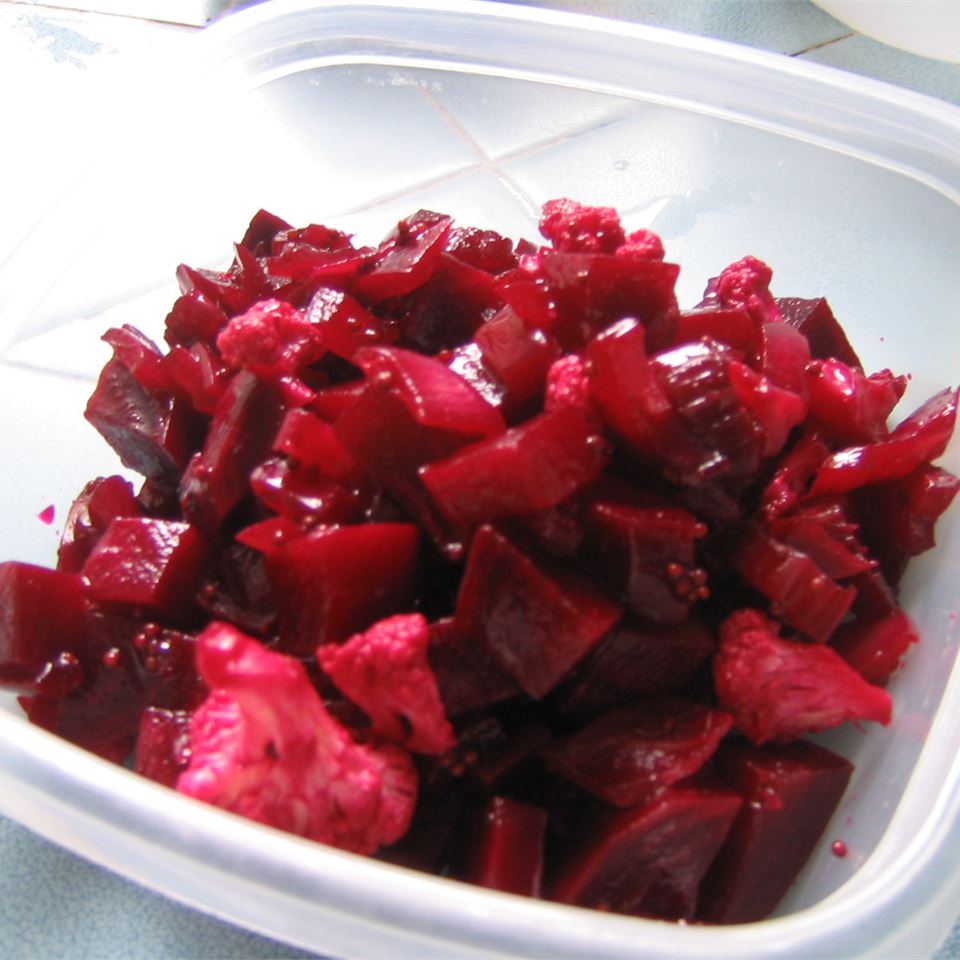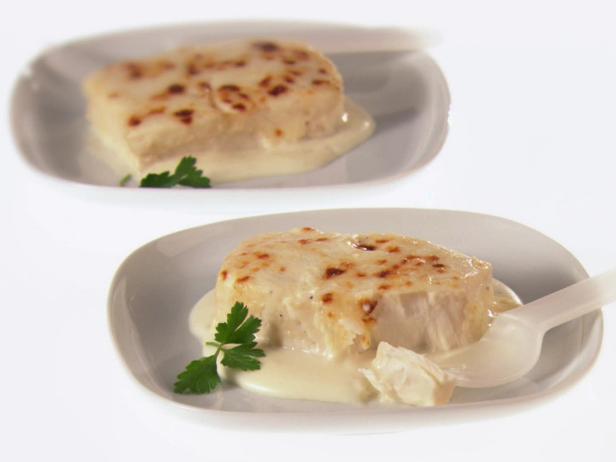**Discover the Enticing Flavors of Misoyaki: A Culinary Journey Through Japanese Cuisine**
Embark on a tantalizing culinary adventure with Misoyaki, a traditional Japanese dish that harmoniously blends the richness of miso with the savory flavors of grilled fish. This delectable dish holds a special place in Japanese cuisine, captivating taste buds with its umami-packed marinade and tender, flaky fish. Our comprehensive guide features a diverse collection of Misoyaki recipes, each offering a unique interpretation of this classic dish. From the simplicity of grilled salmon marinated in a sweet and savory miso glaze to the complexity of cod enveloped in a fragrant marinade infused with ginger, garlic, and sake, our recipes cater to every palate. Explore the versatility of Misoyaki as we guide you through the steps of creating this delectable dish using various types of fish, including mackerel, sea bass, and Chilean sea bass. Whether you prefer the smoky aroma of grilled Misoyaki or the convenience of oven-baked Misoyaki, our recipes provide detailed instructions to ensure a perfect result every time. So, gather your ingredients, fire up your grill or preheat your oven, and let's embark on a culinary journey to savor the exquisite flavors of Misoyaki.
MISOYAKI
Steps:
- Whisk miso, 1 cup sugar, sake, and mirin together in a saucepan; bring to a boil. Reduce heat to low and simmer, stirring occasionally, until marinade has reduced, about 45 minutes. Transfer marinade to a shallow dish and cool completely, 30 minutes to 1 hour. Place butterfish in the marinade and refrigerate, 8 hours to overnight.
- Combine shallot, bay leaf, peppercorns, vinegar, and wine in a saucepan; bring to a boil. Reduce heat to medium and simmer until only about 1 tablespoon liquid remain, 2 to 3 minutes. Pour cream into mixture and simmer until cream mixture has reduced by half, 2 to 3 minutes. Increase heat to medium-high and rapidly whisk butter pieces, 1 at a time, until beurre blanc is smooth and thickened. Strain beurre blanc through a mesh strainer to remove spices.
- Stir lemon juice into beurre blanc until lemon sauce is evenly mixed; fold in parsley.
- Combine soy sauce and 1 cup sugar in a saucepan over low heat; cook and stir until sugar is dissolved and sweet soy sauce has reduced to 1 cup, 15 to 20 minutes.
- Heat a skillet over medium heat for 2 to 3 minutes. Remove butterfish from marinade, discarding unused marinade. Cook butterfish in the hot skillet until fish flakes easily with a fork, 3 to 4 minutes per side. Transfer butterfish to a warmed plate and drizzle lemon sauce and sweet soy sauce around fish.
Nutrition Facts : Calories 1391.8 calories, Carbohydrate 140.9 g, Cholesterol 242.6 mg, Fat 67.9 g, Fiber 5.5 g, Protein 44.3 g, SaturatedFat 32.1 g, Sodium 7293.1 mg, Sugar 117.6 g
MISOYAKI-GLAZED SALMON

Misoyaki, litterally "charred miso" is a typical Hawaiian preparation for butterfish. The glaze works well with any richly flavored fish, in fact, the higher in fat the fish, the better. Halibut and black cod can also be substituted for the salmon in this recipe. Miso, fermented soybean paste, is an important foundation of Japanese cuisine, and it comes in several different colors depending on the type of bean and length of the fermentation period. White miso is milder in flavor and less salty than other types and works best in this recipe. The salmon turns out very tender, delicious and full of flavor. Serve with jasmine rice and sauteed japenese vegetables.
Provided by MarieRynr
Time P1DT7m
Yield 4 serving(s)
Number Of Ingredients 8
Steps:
- To prepare the glaze, place the sake, soy sauce, miso paste and sugar in the top of a double boiler and cook for about 20 minutes, stirring often until the sugar is well dissolved and the mixture is fragrant.
- Set aside to cool.
- Place the salmon fillets in a glass baking dish and generously coat each fillet with the cooled miso glaze.
- Cover the dish with plastic wrap and refrigerate for at least 24 hours.
- Remove the salmon fillets from the miso glaze, quickly rinse under cold water and pat dry with paper towels.
- Pour the canola oil and sesame oil into a large saute pan or skillet and set over medium high heat.
- Carefully add the salmon fillets to the pan and cook for 2 to 3 minutes or until the first side has browned nicely.
- turn the salmon over, turn down the heat to medium and cook for 3 to 4 minutes longer, or until the salmon flakes easily when pierced with a fork.
- Remove the fillets from the pan, pat with paper towels to remove any excess oil, and transfer to a warm serving plate.
- Using the same paper towls, gently pat the saute pan to remove the excessoil and any burnt bits, but leaving the residual drippings.
- Return the pan to the heat, add 1/4 to 1/2 cup water and deglaze the pan to create a pan juice.
- Top the salmon fillets with the pan juice.
- Garnish with the sliced scallions.
MISOYAKI BUTTERFISH

A dear friend of mine sent me this recipe ... one of my favorites. Misoyaki butterfish combines the Japanese flavors of sake and miso. Butterfish which is also known as black cod, deep sea cod, sablefish, gindara and snowfish may be found fresh or sometimes flash frozen. I use the Hawaiian Miso & Soy Company brand soybean paste. I haven't tried it yet with the ginger ... next time : )
Provided by marisk
Categories Japanese
Time P3DT30m
Yield 1 fillet
Number Of Ingredients 7
Steps:
- Add the sake and mirin to a heavy bottomed pot and bring to a boil for about 10-15 minutes to burn off the alcohol. Next, turn down the heat and stir in the sugar and miso. Cook until it turns a pale caramel color. Remove from heat and allow it to cool completely.
- To prepare the fish, it first needs to be defrosted. Once that's done, rinse in cold running water and then pat dry with a clean paper towel.
- Place into a Ziploc® bag. I add the miso marinade and then let this sit in the refrigerator for 48-72 hours.
- **72 hours later** Remove your filet from the Ziploc® bag.
- Add about a tablespoon of vegetable oil to a skillet which is on medium-low heat. Add your fish to the pan. Cook for about 4-5 minutes, turn then cook for another 4-5 minutes, you're ready to serve.
- Serve with hot rice and maybe some tsukimono, salad greens and miso soup.
- NOTE: My friend's comment: If you bake the fish in a foil lined container ......... no mess; works in a toaster oven too. If you like that the skin to be crispy, bake until turns black. You can also do this on a grill by wrapping the fish in tin foil, but to make skin crispy you have to fry it after taking it off the grill.
MISOYAKI BUTTERFISH

Steps:
- To prepare the marinade, add the sake and mirin to a heavy bottomed pot and bring to a boil. Boil for approximately 10-15 minutes to burn off the alcohol. Next, turn down the heat and stir in the sugar and miso. Cook until it turns a pale caramel color. Remove from heat and allow to cool completely. Next comes the fish. To prepare the fish, it first needs to be defrosted. Once that's done, the fish should be rinsed in some cold running water and then patted dry with a clean paper towel. Now the fish is ready for the marinade Using a filet that's about 6-ounces, I keep the skin intact, then place into a Ziploc® bag. I add the miso marinade and then let this sit in the refrigerator for 48-72 hours. Now you're ready to cook your misoyaki butterfish. Remove your filet from the Ziploc® bag. Add about a tablespoon of vegetable oil to a skillet which is on medium-low heat. You don't want the heat to be too high, as the miso will burn and then taste a bit bitter. What you really want to happen is the sugar to slightly carmelize and give it a nice golden brown color. Add your fish to the pan... Cook for about 4-5 minutes before turning... After letting it cook for another 4-5 minutes, you're ready to serve.
SALMON MISOYAKI
"Miso yaki" translates to "miso grilled." It is the perfect application for salmon's rich texture and savory flavor. The miso adds a deep umami. Paired with sugar, mirin and sake, it creates the perfect glaze. You can apply this glaze to any rich, flaky fish like swordfish or cod.
Provided by Jet Tila
Categories main-dish
Time 35m
Yield 4 servings
Number Of Ingredients 10
Steps:
- Pat the salmon dry with paper towels, especially the skin side. To make attractive slices of salmon, tilt the knife to about a 45-degree angle to the cutting board while making the cut. This increases the surface area and makes prettier portions. Cut into 4 portions. Season lightly with salt and pepper.
- To prepare the glaze, measure the sake and mirin into a small, heavy-bottomed saucepan over medium heat and bring to a boil. Boil the mixture to evaporate the alcohol and reduce the volume until about 1/4 cup remains, approximately 5 to 7 minutes. Reduce the heat to medium low and stir in the sugar and miso. Cook until it turns a pale caramel color, 4 to 5 minutes. Stir in the grated ginger and keep the glaze warm while the salmon is grilled.
- Preheat an indoor grill pan to medium high. (Alternatively, cook outdoors over a moderate charcoal fire.) Spray the salmon fillets on both sides with cooking spray. Grill for about 4 minutes on each side or until each piece has turned opaque with appetizing brown bits. (Or cook to your preferred doneness.)
- Remove the salmon from the grill to a platter and brush with the warm glaze. Garnish with sliced scallions and sesame seeds. Serve immediately.
Tips:
- Choose a high-quality miso paste: Look for a miso paste that is made with whole soybeans and has a deep, rich flavor. You can find miso paste at most Asian grocery stores or online.
- Don't overcook the fish: Misoyaki fish is best when it is cooked just until it is opaque in the center. Overcooking will make the fish dry and tough.
- Use a variety of vegetables: Feel free to experiment with different vegetables in your misoyaki. Some good options include broccoli, asparagus, carrots, and bell peppers.
- Serve with rice: Misoyaki fish is traditionally served with rice. You can also serve it with noodles or your favorite side dish.
Conclusion:
Misoyaki is a delicious and versatile dish that can be enjoyed by people of all ages. It is a great way to get your daily dose of protein and vegetables. With a little planning and effort, you can easily make misoyaki at home. So next time you're looking for a healthy and flavorful meal, give misoyaki a try.
Are you curently on diet or you just want to control your food's nutritions, ingredients? We will help you find recipes by cooking method, nutrition, ingredients...
Check it out »
You'll also love







